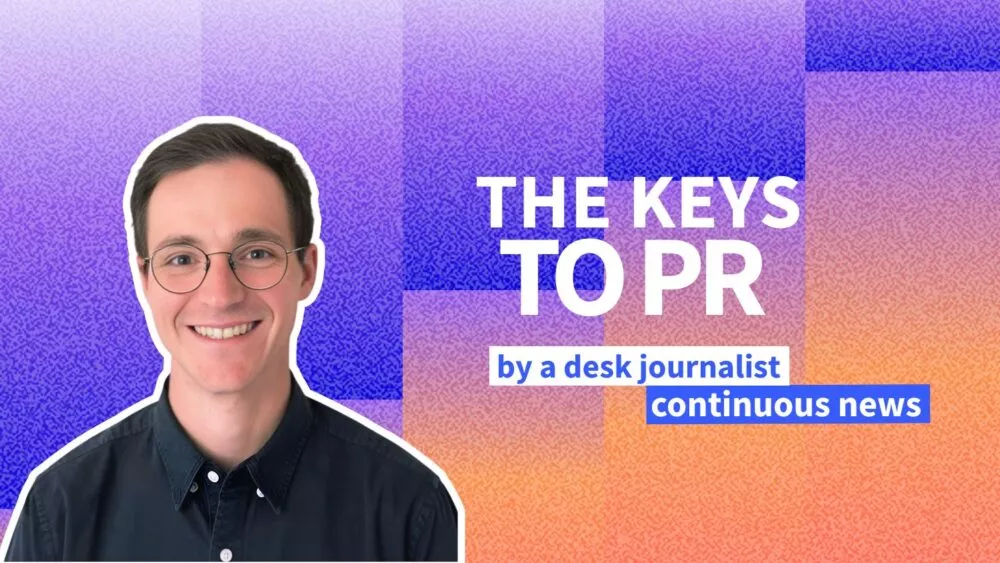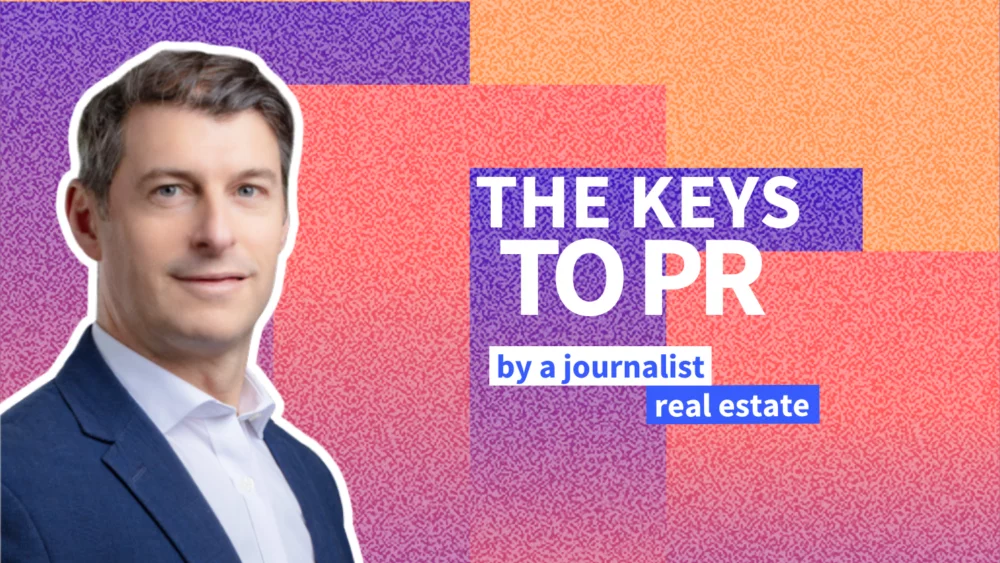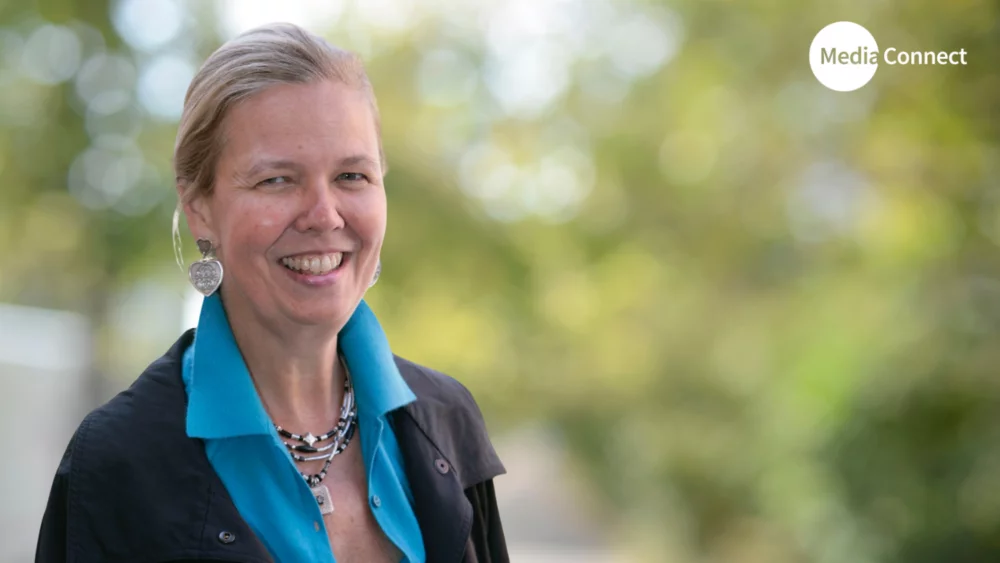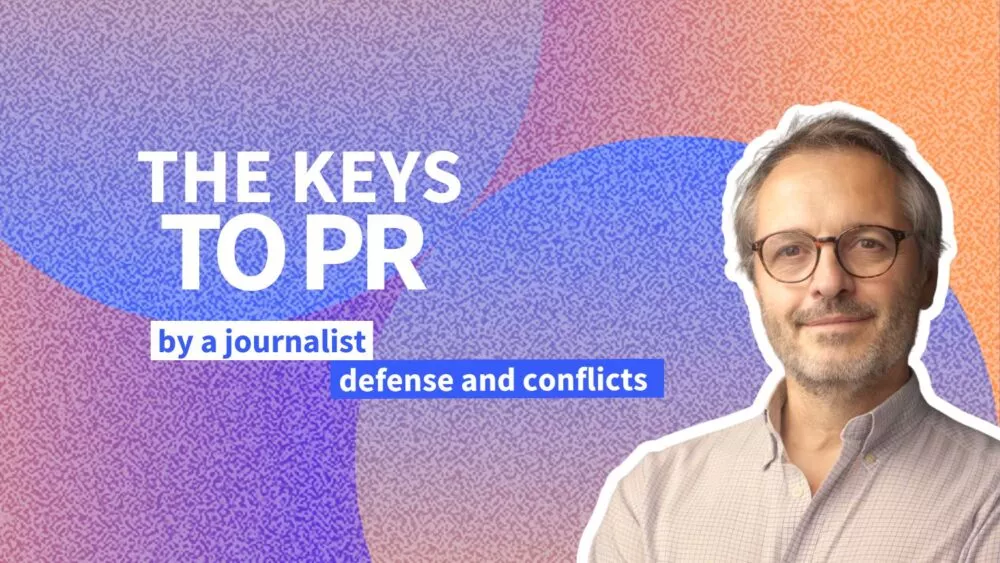What tasks can communicators save the most time on thanks to AI?
There are obviously several types of communicators, with different missions. Each can free up time on repetitive or technical tasks thanks to AI, provided they know how to use it. First of all, AI allows saving time on collecting and analyzing information. By relying on millions of data points, it is a valuable aid in identifying emerging trends, market challenges, or even competitors’ messaging. Furthermore, the technology can write texts in a few seconds. Thanks to AI, content writing becomes faster, enabling effective responses to the growing expectations of clients, in a world flooded with information. There are many other tasks where time can be optimized, but one of the most significant gains in my daily work concerns meeting transcriptions. Thanks to artificial intelligence, I can easily prepare reports for clients or partners and organize task distribution but also produce content.
Conversely, what tasks would you like to save time on with AI help, but for which tools do not yet exist?
Today, there are two tools that I miss.There is no AI that can really help me with the design of my presentations, like Canva or PowerPoint. I would like to be able to give my instructions to a machine that generates quality content matching my needs. There is also a lack of AI to facilitate journalist monitoring. I would like a tool that allows listing them with the topics they have already spoken about, their latest articles, their latest position, etc. Today, PR tools only provide information about the sections covered, which is not sufficient. For communicators, this would be a huge time saver, but also for journalists. They would stop being overwhelmed with messages and press releases that do not interest them. This already exists for the public sector with tools like DataPolitics. It should be adapted to press relations, to help communicators deliver the right message, at the right time, to the right person.
Which AI tools do you recommend for these tasks?
I use Wudpecker. It’s a great tool because it understands French very well so it allows good written transcription of meetings. It produces clear reports and highlights aspects that were not addressed during the exchange. However, you cannot trust it 100% on summaries. That is to say, you still have to have listened to the meeting, felt the nuances, and determined the relevant angles to ask it to rework them. Otherwise, it remains very factual. To maximize AI potential, let us not forget that one must know exactly what one wants and how to direct it. You have to feed it before each task, questioning your expectations. Then I use ChatGPT. With this tool, the goal is to create a super assistant that matches our way of working. For that, you have to feed it with our writing style, give it as much framework as possible, and guide it to get a result that fits what we want. This does not exclude reworking the produced content afterward. I use it to write op-eds, find ideas, topics, write press releases, pitches, etc. Generally, I know exactly what I want and it will reshape all my ideas. Finally, I use Perplexity. Personally, I use it more to understand a new prospect or a client’s strategy. I use it for market analysis, to understand the client and the sector environment.
According to a recent IPSOS-CESI study, 49% of French people consider the number one risk linked to generative AI to be the spread of fake news. 43% also fear using false and unreliable data from these tools. Does this concern seem justified to you?
Yes, of course. There are many American tools, so the elements are often biased. The information is regularly outdated, so you must always verify the content. You cannot rely entirely on AI. As I said, you still need to know what you are looking for and have understood the stakes of your subject to be able to detect errors. Moreover, attention must be paid to spelling and syntax mistakes. In other words, one must be aware of the limits of the tools to avoid overconfidence. Even if the technology impresses, AI is a tool, not a magic wand.
Other fears raised by this study: technological dependence (44%), and decreased cognitive abilities (44%). What are best practices to use AI to avoid this dependence?
I think that we will become somewhat dependent on AI by using it. Nevertheless, we should not be afraid. It is a lever allowing us to free up time dedicated to often less interesting tasks, in favor of developing creativity and strategic thinking. Ultimately, it is a dependence that leads us rather in the right direction. But to avoid feeling overwhelmed by the machine, you must be able to take a step back on its proposals, bringing critical thinking. I advise using AI as a starting point, not as an end in itself.
Creativity is an important aspect in PR work. Isn’t there a risk of content uniformity with AI use?
Having a machine write for us can push some to favor quantity over quality. A race to produce to flood journalists, already overwhelmed, with bland content makes no sense. On the contrary, the time saved should be used to focus on what matters: being creative, monitoring, understanding others’ needs, and developing impactful and targeted campaigns. AI will never replace humans in what they have most precious: intelligence, sensitivity, feeling, creativity, and their ability to build authentic connections. The machine cannot invent for us. Even if some aspects are shaken up, the job remains the same.
Do you have advice for communicators who want to embrace AI?
First of all, it must be recalled that communicators have experience that cannot be acquired through AI. It is this knowledge of the profession that will allow one to handle tools well and get the best out of them. To succeed in the communication world, you must go through the learning phase of the profession before seeking to master the machine. In 2025, to make AI a powerful ally, one must succeed in turning it into a strategic lever, without sacrificing one’s own thinking. To achieve this, I think everyone should train in its use. You have to take time at the start to ensure good mastery. This is necessary to be able to use the true potential of these tools. Ultimately, it is about investing time now to gain more later. Moreover, to stand out, you have to challenge your tools. For them to become more than simple gadgets, do not hesitate to ask them precise and demanding questions or complex problems. AI is a mirror: it reflects the quality of your thinking.







